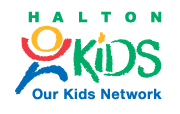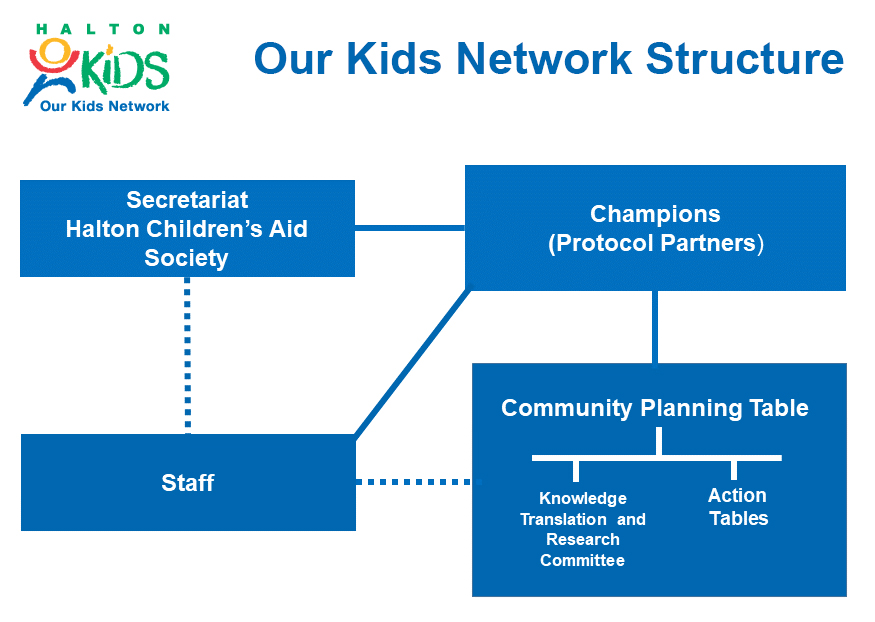Contact Us
Our Kids Network Office
1445 Norjohn Crt., #1
Burlington ON L7L 0E6
Fax: 905-333-1844
Randa Bassil
Public Relations & Communications
Specialist
905-630-5263
randa@ourkidsnetwork.ca
Elisabeth Wells, Ph.D.
Executive Director
905-805-3541
elisabeth@ourkidsnetwork.ca
Rebecca Abavi
Knowledge Broker
905-805-2048
rebecca@ourkidsnetwork.ca
Eileen Palermo
Executive Assistant
905-333-4441 ext. 0785
eileen@ourkidsnetwork.ca
Bruna Redoschi
Research Associate
905-333-4441 ext. 1000
bruna@ourkidsnetwork.ca
Developmental Assets Initiative
Early Years Mental Health Toolkit
Allison Corcoran
Supervisor, Infant & Child Development Services,
Children’s Services, Halton Region
allison.corcoran@halton.ca
Melissa Graves
Health Promoter, Healthy Families, Health, Halton Region
melissa.graves@halton.ca
Halton Youth Initiative

